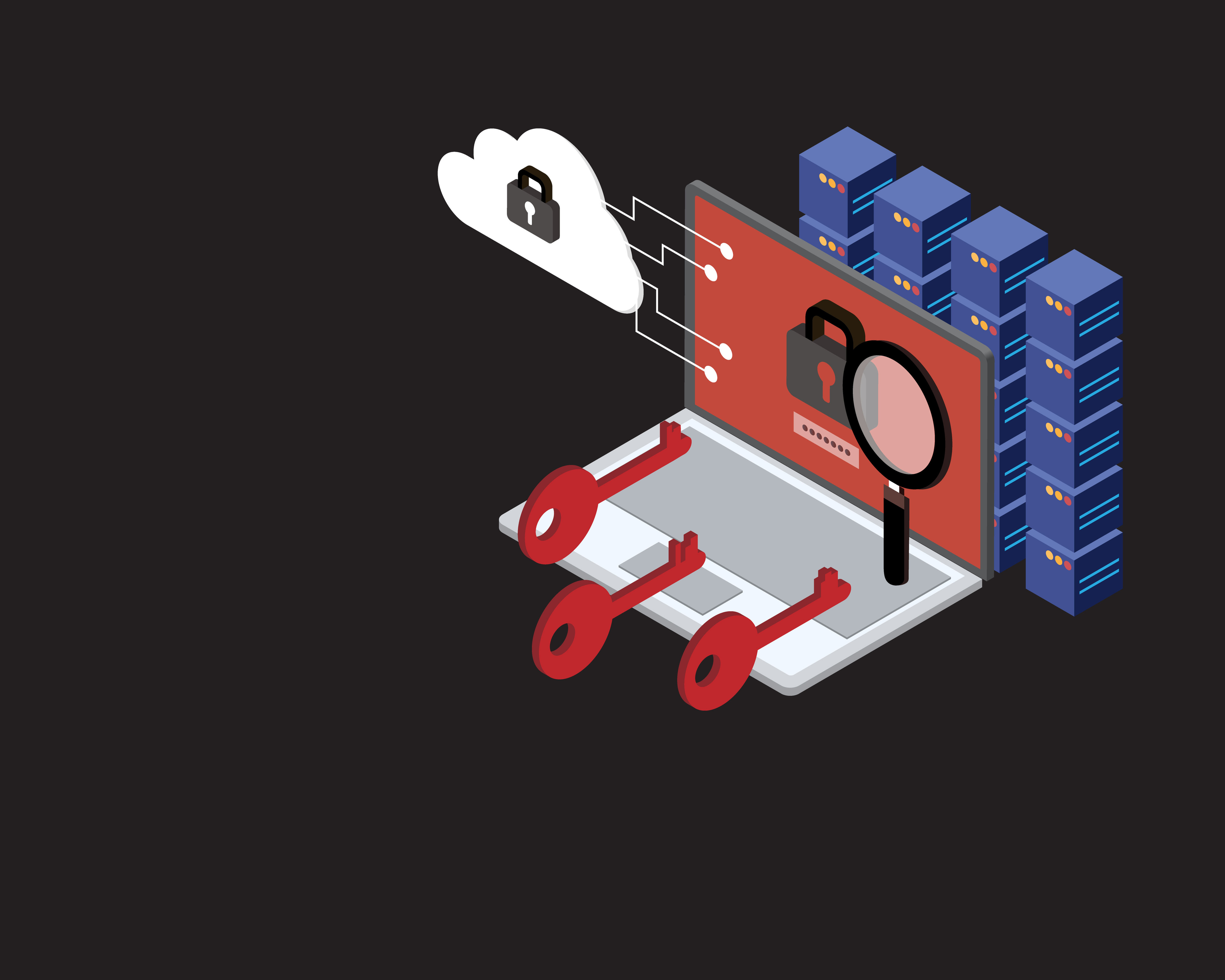Penetration Testing as a Service (PTaaS) is necessary to enhance an entity’s cybersecurity. It combines robotic and human factors to detect and exploit vulnerabilities that traditional tools may miss. The manual and automated testing of PTaaS intensifies the ability of organizational IT professionals to conduct point-in-time as well as continuous penetration tests, resulting in highly robust vulnerability management programs. PTaaS, like traditional penetration testing, incorporates tools, techniques, and procedures used by attackers to disclose vulnerabilities. PTaaS supports multiple evaluations of infrastructures, such as web and mobile apps, networks, and APIs, across the web, app stores, and the API marketplace on a more frequent basis.
What is Penetration Testing as a Service (PTaaS)?
PTaaS is a penetration testing method that involves both manual and automated testing on a dedicated platform. It was one of the first types of penetration testing recommended. IT professionals are now able to conduct both point-in-time and continuous penetration tests, leading to stronger and more resilient vulnerability management programs. As with general penetration testing, PTaaS employs security techniques as well as the tools and procedures that hackers use to test systems for vulnerabilities. PTaaS conducts frequent checks in the environment where applications are located, taking penetration testing to the next level by upgrading the infrastructural level, which includes testing web and mobile apps, networks, and APIs more frequently than before.
How Does PTaaS Work?
PTaaS delivers a more flexible approach than traditional methods. It is used for daily penetration tests, even after each code change. Dashboards offer resources for understanding vulnerabilities and fixing them in a short period. Additionally, they provide resources for enabling users to recover data cautiously. This custom-tailored mode allows entities to have a higher level of discretion regarding their penetration test programs.
PTaaS is a continuous and automatic system, unlike traditional examinations which are point-in-time assessments conducted through manual tests. Traditional tools give a clear picture of vulnerabilities at a particular point in time, while the PTaaS system offers ongoing, real-time evaluations. This continuous method ensures the immediate detection and removal of new weaknesses, thus greatly diminishing the probability of cyber-attacks. PTaaS combines both manual and automatic testing for a thorough and continuous security assessment.
PTaaS Features
Typically, PTaaS promises the visualization of vulnerabilities. The PTaaS route guarantees comprehensive defense and effective handling of vulnerabilities. Ongoing monitoring helps companies diagnose and identify causes immediately. Moreover, the approaches used for testing are flexible to fit specific security needs, and experts provide professional assistance along with discussions of the findings.
The PTaaS Process
The PTaaS process generally involves initial scoping and base testing, manual testing and exploitation, real-time reporting of findings, strategic recommendations, and rerun testing. Initial scoping is a comprehensive stage where the IT consultant guides the client and conducts automated scanning to create maps of systems, applications, and networks, giving an initial security posture overview. Security experts then simulate real-time attacks to confirm weaknesses and attempt hostile actions. Reports of weak spots are presented and resolved quickly. Summary reports include key suggestions to solve vulnerability issues, and periodic testing ensures compliance.
PTaaS Benefits
PTaaS embraces the aspect of security as a full-time operation, offering instant access to security professionals, low costs, high conformity to industry standards, quick response times, on-the-spot testing and remediation, and increased control. Deployment of real-time testing on a larger scale facilitates new tests, retests, and feature-specific tests. Different communication channels lead to the speedy resolution of key security issues. Automation maximizes investments and prevents tools from becoming obsolete. The implementation of standards like SANS and OWASP is simpler, and the outcomes are quicker than traditional tests. The system offers functionality close to real-time vulnerability visibility, enabling organizations to initiate tests, define exploration areas, and escalate engagements instantly.
What to Look for in a PTaaS Provider
When selecting a PTaaS provider, consider the following:
- Proven Track Record: Ensure the provider has specific expertise in PTaaS and experience with a range of clients, particularly in your industry.
- Security Expertise: Verify the level of dedicated security expertise and support available.
- Advanced Technology: Evaluate the dashboard’s insight, detail, usability, and integration with your existing technology stack.
- Actionable Reporting: The provider should deliver detailed, actionable reports to strengthen security defenses and support compliance.
How Can Netizen Help?
Netizen ensures that security gets built-in and not bolted-on. Providing advanced solutions to protect critical IT infrastructure such as the popular “CISO-as-a-Service” wherein companies can leverage the expertise of executive-level cybersecurity professionals without having to bear the cost of employing them full time.
We also offer compliance support, vulnerability assessments, penetration testing, and more security-related services for businesses of any size and type.
Additionally, Netizen offers an automated and affordable assessment tool that continuously scans systems, websites, applications, and networks to uncover issues. Vulnerability data is then securely analyzed and presented through an easy-to-interpret dashboard to yield actionable risk and compliance information for audiences ranging from IT professionals to executive managers.
Netizen is an ISO 27001:2013 (Information Security Management), ISO 9001:2015, and CMMI V 2.0 Level 3 certified company. We are a proud Service-Disabled Veteran-Owned Small Business that is recognized by the U.S. Department of Labor for hiring and retention of military veterans.
Questions or concerns? Feel free to reach out to us any time –
https://www.netizen.net/contact



